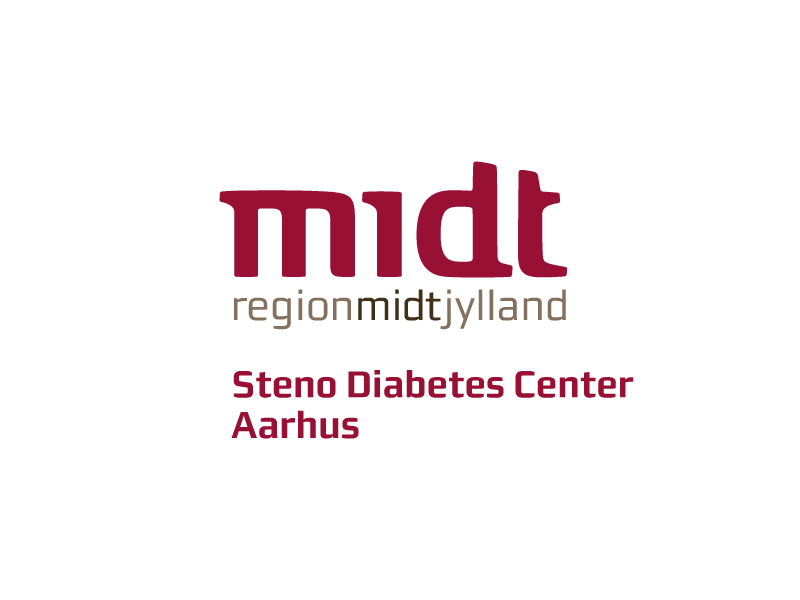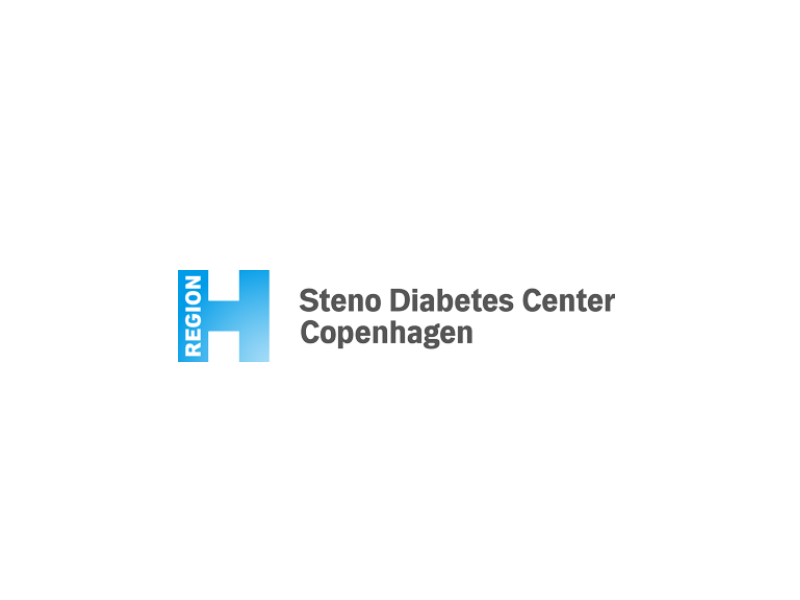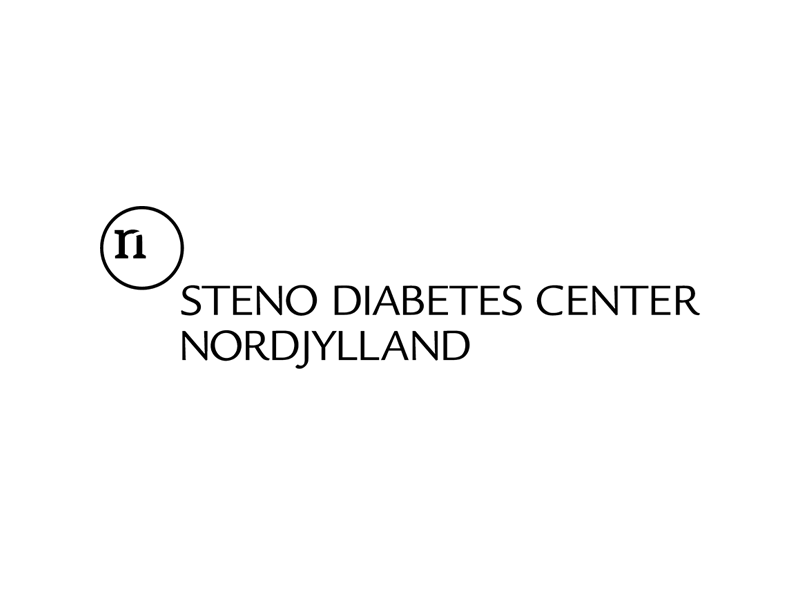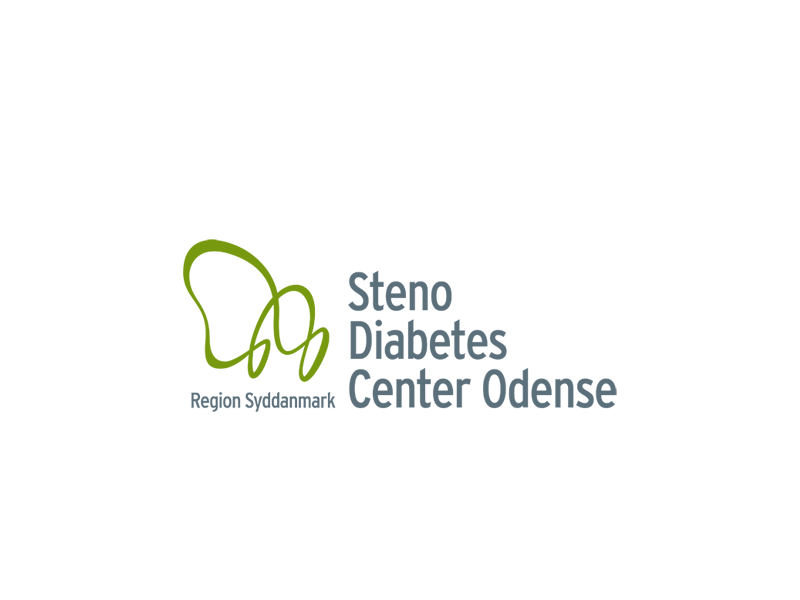Abstract
Diabetes is associated with cognitive dysfunction and increased risk of developing a dementia disorder. The exact reason for a link between diabetes and dementia remains unknown and is most likely multifactorial. Several risk factors have been investigated, and especially insulin resistance and low-grade inflammation are of interest. Only few studies provide longitudinal data, and measure only cognitive decline without evaluating risk of developing dementia. We propose to fill this gap, by investigating the association between the level of insulin resistance and low-grade inflammation at diabetes diagnosis with later development of dementia in The Danish Centre for Strategic Research in type 2 Diabetes (DD2) cohort. Furthermore (awaiting funding to access the DD2 biobank), we propose to examine new biomarkers of brain insulin resistance and blood-brain barrier integrity and their relation to dementia using a nested-case-control study design.
Formål
- To investigate the association between measures of systemic insulin resistance (HOMA-IR, c-peptide) at diabetes diagnosis and later development of dementia among patients with type 2 diabetes.
- To investigate the association between low-grade inflammation (hs-CRP) at diabetes diagnosis and later development of dementia among patients with type 2 diabetes.
- To investigate the association between early adulthood obesity (recalled weight at 20 years) and later development of dementia among patients with type 2 diabetes.
- To investigate the association between markers of brain insulin resistance (in neurons and astroglia) and blood brain barrier integrity at diabetes diagnosis and later development of dementia among patients with type 2 diabetes.
- To investigate if other vascular and metabolic factors (hypertension, dyslipidaemia, hyperglycaemia, and obesity (weight and weight-gain from early adulthood) at diabetes diagnosis associate with risk of later development of dementia in patients with Type 2 diabetes.
Studiepopulation
All patients enrolled in the DD2 cohort, who do not have dementia before/at enrolment.




